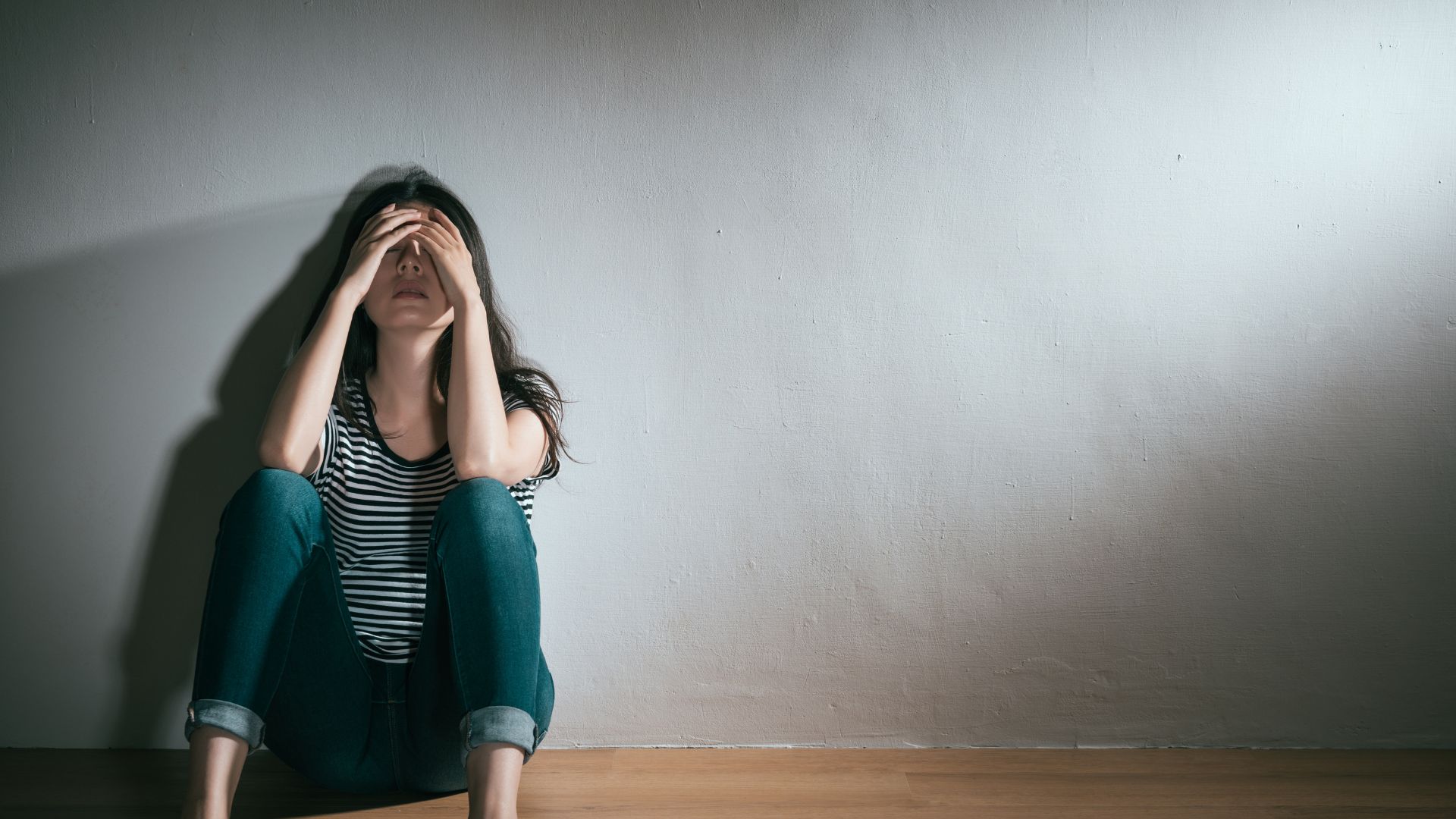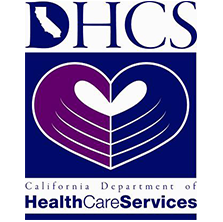Co-occurring Symptoms Are Finally Recognized
People who suffer from an addiction like alcoholism or substance abuse are often also experiencing another malady like depression, post-traumatic stress disorder, high anxiety, or obsessive/compulsive disorder. They are stricken with what the mental health industry calls ‘co-occurring disorder’, formerly known as ‘dual diagnosis.’
If your family member or friend has a substance abuse problem, it is likely that they have other mental health issues that must also be addressed. Getting help for them is more than just believing that they should seek help to detox or go through withdrawal recovery from drugs or alcohol.
Treatment to help individuals with co-occurring disorders requires both a medical and an antidotal intervention to address both disorders simultaneously. Then, therapists and clinical professionals can help manage the symptoms of drugs or alcohol triggered by mental disorders.
The History of Dual Diagnosis
The science and therapy treatments for dual disorders did not begin until the mid-1980s. Studies during this time showed that people with an alcohol addiction or smoking addiction were most likely only suffering from anxiety and depression. Historically, there has always been a gap between mental health services and addiction treatment services.
Each community-based system of treatment for drugs, alcohol, and mental health has existed separately from each disorder. For this reason, it has been extremely difficult for people who had a dual diagnosis to get the care they needed in either traditional mental health programs or addiction treatment programs.
Until integrated dual diagnosis programs became available, it was harder for people with co-occurring disorders to receive the effective help they needed because they were participating in and being treated for separate treatment programs that didn’t really address the root of their healing needs.
How Therapeutic Centers Can Cure
Today, addiction specialists and mental health therapists view co-occurring disorders as a unique integrated form of treatment that better improves lives. Recovery centers now view and address multiple disorders as a proven methodology that is working.
They can give co-occurring disorder patients within therapy clinics a better chance at life. People with co-occurring disorders, are at substantial risk from sicknesses, incarcerations, homelessness, suicide, re-occurring hospitalization, relapses, family issues, and other life-threatening conditions.
Individuals with co-occurring conditions are also recognized as having at least one disorder from each, but the disorders are treated independently of one another with a dual focus. This means that the dual disorders are not just a variety of symptoms, but that they interact and trigger each mental and physical disorder.
For example, it is known that people who suffer from a mental health issue and who turn to drugs or alcohol are trying to self-medicate themselves. Or, a person who suffers from an addiction can soon develop a mental health disorder.
Self-Medication Never Works
Unfortunately, when your loved ones’ resort to drugs in order to escape the mental health condition they are trying to combat, they are only further harming themselves. This is a very damaging thought process. People struggling with a mental or behavioral illness who start abusing drugs or alcohol will keep trying to consume as much as they can to achieve the effects needed to feel temporary relief.
The only outcome of this behavior is that they build-up a tolerance and need to keep taking drugs or drinking to feel something to dull the pain and end what they can’t comprehend. This negative, self-medicating experience is a-typical of the beginning of a co-occurring substance addiction and symptoms of a mental health disorder.
Treatment Services
In order to help their clients get their life back together, recovery centers provide many different treatments to acknowledge the mental and physical conditions that accompany co-occurring conditions. In addition to practices such as holistic or transcendental practices like yoga and meditation, co-occurring treatment centers also use non-addictive medication programs to treat co-occurring issues.
There is clinical evidence that with the right type of treatment, people with co-occurring disorders can recover. A large part of the treatment for co-occurring disorders involves behavioral interventions. Additional services to help put people back on the path to full mental and physical recovery includes the following:
- 12-step fellowship program
- Cognitive/ Dialectical Behavioral Therapy
- Eye Movement Desensitization and Reprocessing Therapy
- Fitness
- Group and individual therapy
- Group explanations
- Life skills
- Nutritionist
- Psychiatry
- Psychodrama
When clients enter treatment centers either as an inpatient, outpatient, or for transitional living involving a co-occurring disorder, the environment is ideal because of the outstanding level of personalized care they require and receive.
The professionals at recovery centers understand all too well that when people with co-occurring disorders arrive at the center, they are not in the best mental or physical health. A treatment center is the perfect environment to help individuals who knowingly or unknowingly battling two separate mental health and addiction diseases.
The professionals at recovery centers understand all too well that when people with co-occurring disorders arrive at the center, they are not in the best mental or physical health. A treatment center is the perfect environment to help individuals who knowingly or unknowingly battling two separate mental health and addiction diseases.
Treatment center professionals know that men and women recover in a different manner, which is why gender separate programming is proving to work effectively. Separate co-occurring disorder treatments provides a safe space for men and women within their group to empower each other, to build a support system, to create friendships, and to succinctly address separate gender issues in an empathetic environment.
START YOUR JOURNEY WITH
SAFE HARBOR HOUSE
(310) 861-4157
Contact Us Today
Verify Your Insurance




